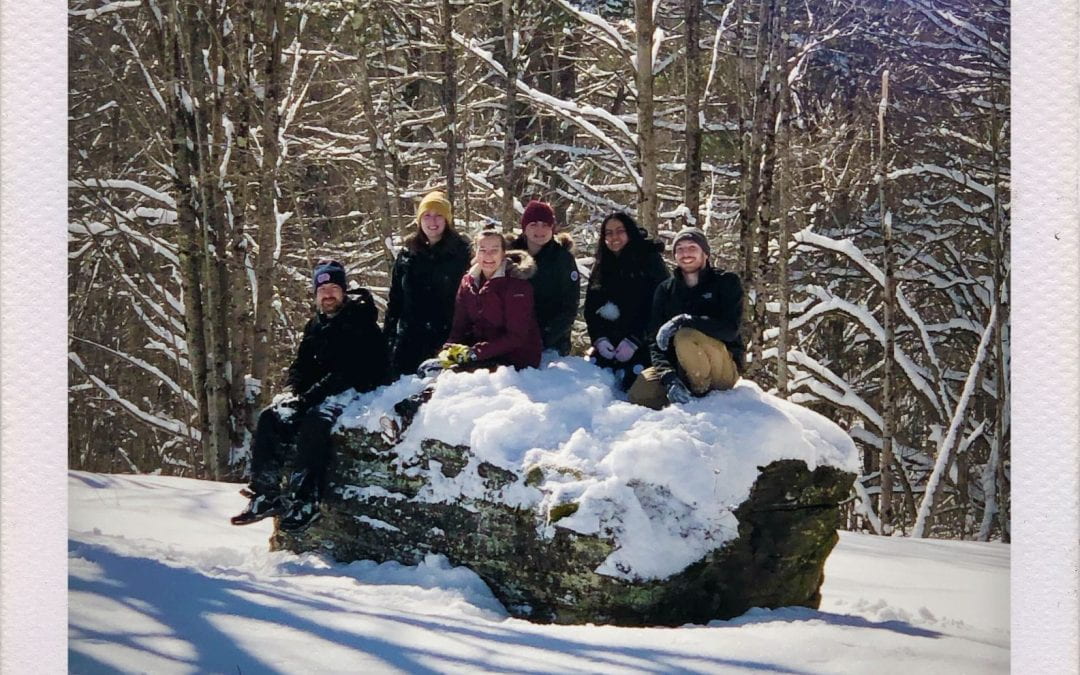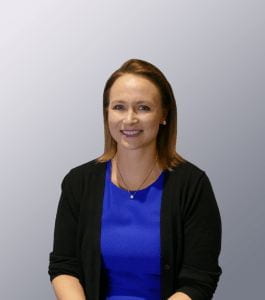Microphysiological Systems

ABNEL has developed a laser cut and assemble microphysiological system (MPS), or organ-on-chip device, of the gut and the heart 1,2. MPSs allow for physiologically relevant modeling of organ systems and diseases with limited confounding factors present. This methodology is a more cost effective and manufacturable option compared to the current standard of PDMS soft lithography.
Ongoing research aims to develop an MPS of gut and enteric nervous system (ENS) physiology to further study the gut-brain connection. ABNEL also aims to develop MPSs of various neural disorders that have an expected connection to the gut including Parkinson’s, visceral pain, depression, and anxiety. The study of parasympathetic and sympathetic innervation in cardiac tissue is also being explored through the use of our cut and assemble MPSs. Electrophysiological techniques, such as transepithelial electrical resistance (TEER) and microelectrode arrays (MEA), are frequently utilized to study endothelial barrier function and neuronal action potentials, respectively.
Recent publication:
Sanjin Hosic, Adam Bindas, Marissa L. Puzan, Will Lake, Jonathan Soucy, Fanny Zhou, Ryan A. Koppes, David T. Breault, Shashi K. Murthy, Abigail N. Koppes. Rapid prototyping of multilayer microphysiological systems. May 2020. https://doi.org/10.1021/acsbiomaterials.0c00190
Recent reviews:
Kyla Nichols, Ryan Koppes, Abigail Koppes. Recent advancements in microphysiological systems for neural development and disease. May 2020. https://doi.org/10.1016/j.cobme.2020.05.003
Jonathan R. Soucy, Adam J. Bindas, Abigail N. Koppes, and Ryan A. Koppes. Instrumented Microphysiological Systems for Real-time Measurement and Manipulation of Cellular Electrochemical Processes. Oct 2019. https://doi.org/10.1016/j.isci.2019.10.052
Cited Papers:
1 Hosic, S. et al. Rapid prototyping of multilayer microphysiological systems. ACS Biomaterials Science & Engineering (2020).
2 Soucy, J. R. et al. Organ-on-chip Model for Investigating Autonomic Innervation of the Cardiac Microenvironment. Circulation Research 125, A421-A421 (2019).

Lab goes on a winter retreat in Vermont
Enjoying a fresh snowfall, the ABNEL and LNNR labs spent the weekend near White River Junction, Vermont. The members split the time playing ultimate spoons, playing in the snow, skiing at Killington, and racing in Mario Kart.

Dr. Koppes receives a $500K NSF CAREER Award
Dr. Koppes was awarded a $500K NSF CAREER Award titled Defining the regulators of enteric plasticity in engineered microfluidic environments". A news article detailing the award can be found at the link below....